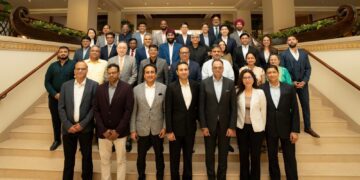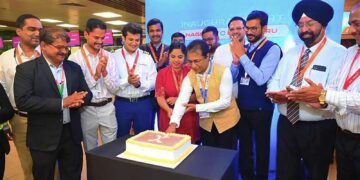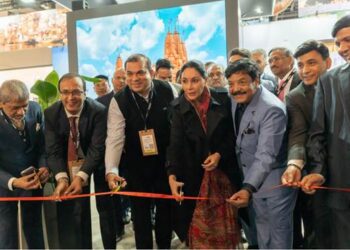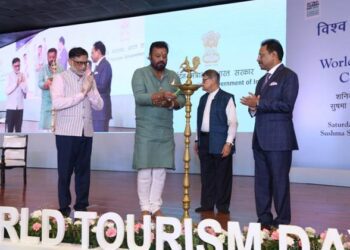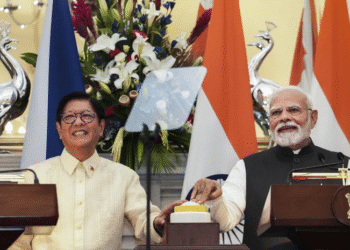
The Strategy document has identified the strategic pillars for development of sustainable tourism like Promoting Environmental Sustainability, Protecting Biodiversity, Promoting Economic Sustainability, Promoting Socio-Cultural Sustainability, Scheme for Certification of Sustainable Tourism, IEC and Capacity Building and Governance.
Speaking on the occasion Secretary Tourism Shri Arvind Singh said that Tourism and Environment share a Special Relationship. Their interaction with each other is a two-way process. On the one hand environmental resources constitute one of the basic ingredients of tourism. The natural and manmade setting form the tourism products which the tourist enjoys, live in, and relax. On the other hand, the close and direct relationship between visitors, host communities and local environment creates a sensitive situation, whereby tourism can be both very damaging but also very positive for sustainable development. The COVID-19 pandemic has further forced the tourism sector to shift its focus to resiliency, sustainability and interconnectedness among diverse stakeholders in the sector.

Shri Arvind Singh further said that we need to make use of cleaner fuels. Prime Minister has also announced that India will increase its capacity of non-fossil energy capacity to 500 GW and meet 50 per cent of its energy requirements through renewable energy by 2030. “State tourism policies should recognise sustainability principles and the Sustainable Development Goals in their vision and strategic direction for tourism. With the vision to create a sustainable future for tourism, the Ministry of Tourism has also taken various steps in this direction,” he added.
Shri Arvind said that Ministry of Tourism with the objective to provide experience to the tourists launched Swadesh Darshan Scheme and has till now sanctioned 76 Projects. With the learnings of this scheme, we have now revamped the Swadesh Darshan Scheme as Swadesh Darshan 2.0. “The idea of Swadesh Darshan 2.0 is to undertake holistic development with the vision to develop Sustainable and Responsible Tourist Destinations. While formulating the guidelines for SD 2.0 we have kept various elements in mind in order to undertake destination development in a sustainable and responsible manner. Through the Swadesh Darshan 2.0 sustainable and responsible tourism practices will be implemented in various projects and initiatives. The Scheme will encourage adoption of principles of sustainable tourism including environmental, socio-cultural and economic sustainability,” he added.
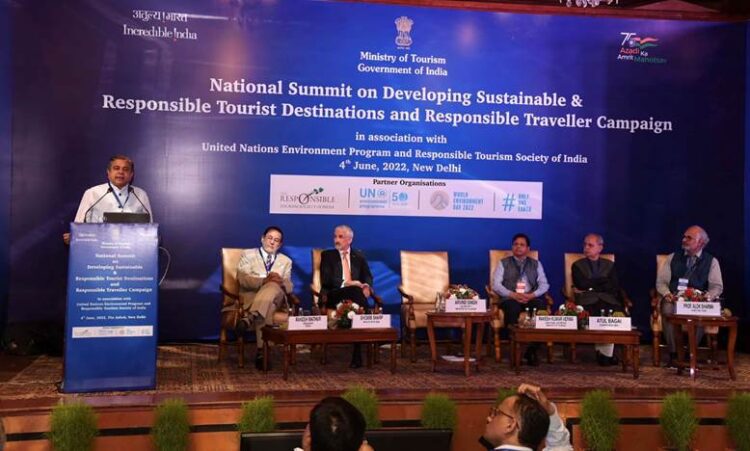
Apart from Shri Arvind Singh, Secretary, Ministry of Tourism, Mr Shombi Sharp, Head of UN in India and Shri Rakesh Mathur, President, RTSOI, various eminent speakers working in the field of Sustainable Tourism and Responsible Travel and from State Governments addressed the participants in different sessions during the One Day National Summit. The Summit was attended by senior officers of different Central Ministries, State Governments/UT Administrations and various Tourism and Hospitality Industry Associations.
A Pledge was also administered by Shri Arvind Singh to the participants to become responsible travellers and be advocates of responsible tourism.


